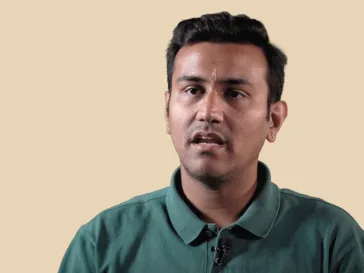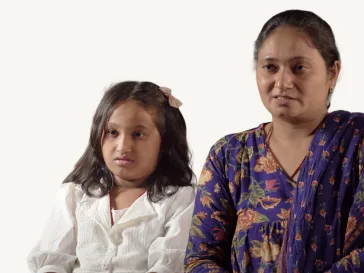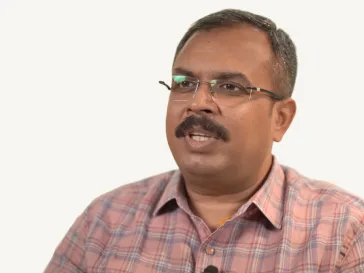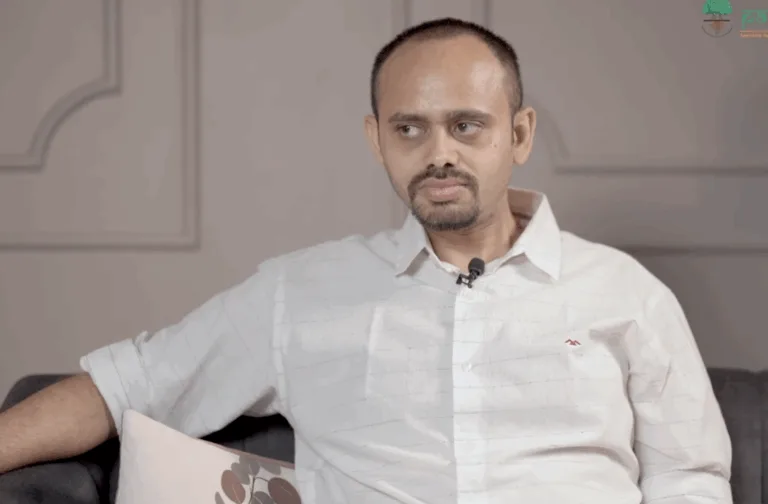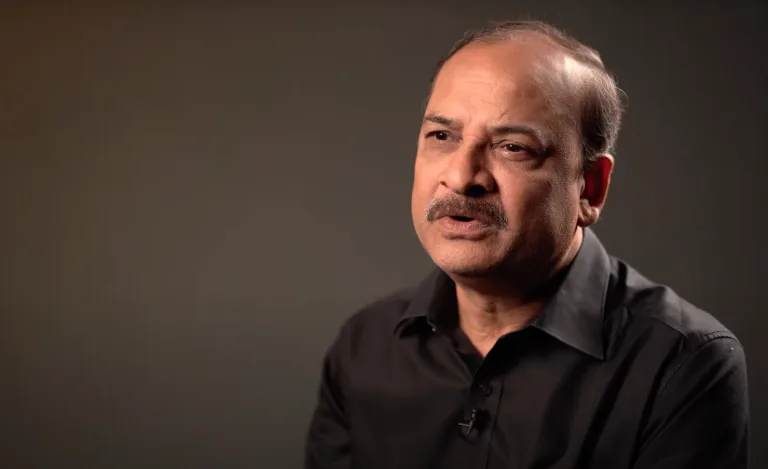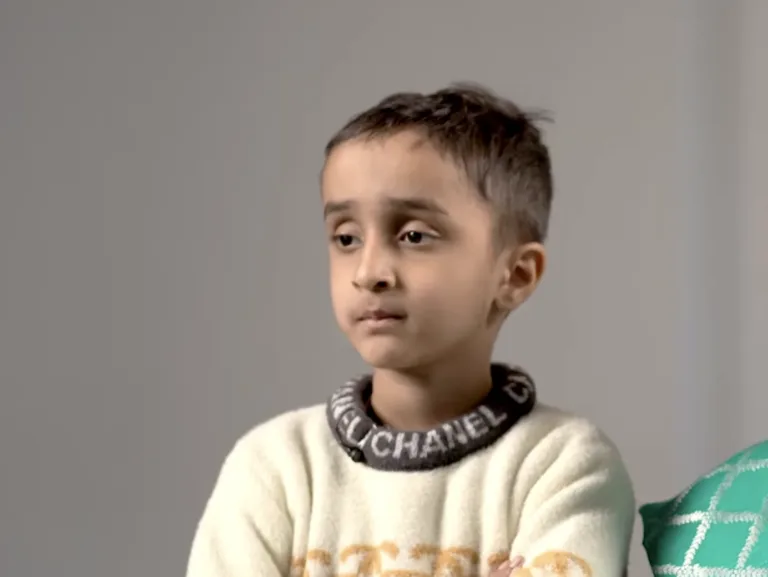Ahmedabad, India — For Jainam Jignesh Shah, the onset of chronic pancreatitis at age 17 was not merely a medical diagnosis; it was a profound disruption to the aspirations of a young man poised for adulthood. His experience, marked by frequent hospitalizations and unrelenting pain, offers a window into the challenges of managing a progressive disease in India and the search for effective intervention.
The Cyclical Crisis: A Life Defined by Attacks
Jainam’s initial encounter with pancreatitis occurred in May 2016, manifesting as intense abdominal pain and vomiting. What was first misidentified as food poisoning quickly revealed itself to be severe pancreatic swelling. This inaugural episode initiated a recurring pattern: over the subsequent year, Jainam endured between nine and ten acute attacks. Each recurrence necessitated hospitalization, subjecting him to continuous intravenous drips and strict “nil by mouth” protocols.
The medical journey involved a repetitive cycle of visits to a hospital in Ahmedabad, frequent blood tests, and imaging scans. While pain management and intravenous fluids offered temporary respite, a lasting solution remained elusive. Doctors conveyed that Jainam would likely require lifelong medication, and the unpredictability of future attacks even immediately post-discharge was a constant source of anxiety. Notably, no conventional cause, such as alcohol consumption, smoking, or gallstones, was identified for his condition. Jainam, a lifelong vegetarian and disciplined karate black belt, found this lack of a clear etiology particularly perplexing and the prospect of an uncertain future deeply unsettling.
The impact extended beyond the physical. As a high school student, Jainam found his academic pursuits overshadowed by his health. His family also grappled with the stress of his recurrent hospitalizations, affecting their daily lives and businesses. The societal unfamiliarity with pancreatitis further compounded his mental burden, making it difficult to openly discuss his ailment.
A New Paradigm: The Ayurvedic Approach at Padaav
Confronting the limitations of conventional treatments, Jainam’s family sought alternative solutions. A reference from an acquaintance outside India led them to Padaav Speciality Ayurvedic Treatment Center, a facility recognized for its focus on pancreatitis. Their online research revealed Padaav’s distinctive Ayurvedic methodology, notably its use of “Rasa” (mineral-based) therapies.
The referral from a trusted source bolstered their confidence, prompting the family to consult with other former Padaav patients who corroborated positive outcomes from similar struggles. This due diligence solidified their decision to pursue a 21-day inpatient program at Padaav, followed by a year of home-based medication, scheduled to commence immediately after Jainam’s academic examinations.
The Path to Stability: A Rigorous Regimen and Lasting Change
Jainam’s 21-day admission at Padaav began in May 2017. The program transcended typical medical intervention, serving as a comprehensive re-education in lifestyle management. Under the guidance of Vaidya Balendu Prakash and Vaidya Shikha Prakash, Jainam adhered to a meticulously structured daily regimen: strict sleep schedules (10 PM to 6 AM), morning walks, and precisely timed meals. The dietary components were specific, including 100 grams of paneer at 8 AM breakfast, a light snack at 11 AM, lunch at 1 PM, a high tea-like snack at 4 PM, and an early dinner by 7 PM, concluded with light milk or specific items at 9 PM before bed.
Crucially, Jainam’s mother, who accompanied him, received practical training from Padaav’s culinary staff on preparing these specialized meals, including specific flour blends for bread and the avoidance of certain ingredients like tomatoes. This hands-on training was vital for ensuring the continuity of the dietary plan upon their return home.
Following the inpatient phase, Jainam continued his prescribed medication and maintained daily email correspondence with the Padaav team. This consistent communication allowed the medical staff to monitor his progress, identify any deviations in his routine, and provide immediate, corrective feedback, underscoring the rigor of their follow-up protocol.
Arresting Progression: A Sustainable Outcome
The dedication to this new lifestyle and treatment yielded substantial results for Jainam. The pattern of debilitating pain and recurrent hospitalizations ceased. While minor digestive issues, such as acidity, occasionally manifest, they are readily managed, and the intensity of pain has dramatically reduced to merely 10-20% of its former severity.
Seven years after his initial treatment at Padaav, Jainam’s experience stands as a testament to the fact that chronic pancreatitis, despite its progressive nature, can have its advancement effectively managed and halted through a disciplined Ayurvedic approach. This intervention proved pivotal in enabling him to regain control over his life and career. He now successfully manages his own export business, engaging in extensive travel both domestically and internationally, navigating demanding schedules and reduced sleep without experiencing the severe health setbacks of his past.
Jainam’s case illuminates several key elements in the successful management of chronic conditions:
- Integrated Care: Padaav’s methodology combines personalized Ayurvedic medication, including formulations based on specific minerals, with precise dietary and lifestyle modifications.
- Patient and Support Commitment: Jainam’s unwavering adherence to the prescribed regimen, even amidst academic and professional demands, was critical to his sustained health. The practical training provided to his mother facilitated this consistency at home.
- Structured Oversight: The vigilant and consistent monitoring by the Padaav team, providing timely guidance, was integral to ensuring adherence and addressing emerging concerns.
- Empathetic Engagement: The enduring “apnapan” (sense of belonging) and compassionate approach from the Padaav team, maintained over years, provided invaluable emotional reassurance. This extended to personal consultations, such as discussions regarding family planning, where he received assurances about the non-hereditary nature of his condition.
A Life Reclaimed: Hope for Future Patients
Today, Jainam leads a full and productive life, free from the pervasive fear of pancreatitis. He confidently pursues his business and personal milestones, including marriage and family planning, endeavors that once seemed unattainable. He posits that pancreatitis should not be viewed as an “incurable” disease but rather as a “lifestyle problem” amenable to effective management.
Jainam’s narrative offers substantial hope to individuals contending with chronic pancreatitis. It demonstrates that a comprehensive Ayurvedic strategy, underpinned by discipline and consistent support, can effectively manage the disease’s progression, empowering patients to reclaim their health and pursue fulfilling lives. He strongly advocates that those experiencing symptoms consider a consultation with Padaav, an experience that fundamentally shifted his and his family’s understanding of the disease.

